Buy-now-pay-later services have grown to 91.5 million users in the United States, according to a recent report by Empower, a financial services firm. This rapid expansion has raised concerns among industry experts, including Nigel Morris, co-founder of Capital One and early investor in Klarna and other buy-now-pay-later companies. Morris expressed his unease during a recent appearance at Web Summit in Lisbon, stating that the increasing use of BNPL services for basic necessities, such as groceries, is a clear indication that many people are struggling financially.
Morris' concerns are supported by statistics from Lending Tree, a lending marketplace that released survey data in late October. The data revealed that 25% of BNPL users in the United States are using the services to finance their groceries. This trend is a departure from the original marketing of BNPL services, which focused on discretionary purchases such as designer bags and the latest Apple headphones. Furthermore, Lending Tree reported that borrowers are not paying back their loans, with default rates likely to rise as a result of the growing number of users.
The rapid growth of BNPL services has been driven by the increasing popularity of online shopping and the convenience offered by these services. Companies such as Klarna, Afterpay, and Affirm have become household names, with many retailers partnering with these services to offer customers the option to pay for purchases over time. However, the lack of regulation and oversight in the BNPL industry has raised concerns about the potential for predatory lending practices.
Nigel Morris, who has spent his career understanding the financial stress of the average American, believes that the BNPL industry is moving in a concerning direction. "To see people using BNPL services to buy something as basic and fundamental as groceries is a pretty clear indication that a lot of people are struggling," he said. Morris' comments highlight the need for greater regulation and oversight in the BNPL industry to protect consumers from predatory lending practices.
The growing popularity of BNPL services has also raised concerns about the impact on the overall economy. As more people turn to these services to finance their purchases, the potential for debt accumulation and default rates increases. This could have far-reaching consequences for the economy, including a potential increase in bankruptcies and a decrease in consumer spending.
The BNPL industry is expected to continue growing in the coming years, with many companies investing heavily in the sector. However, the need for greater regulation and oversight is becoming increasingly clear. As Nigel Morris noted, "The BNPL industry is moving in a concerning direction, and it's time for policymakers to take action to protect consumers and prevent the potential for predatory lending practices."
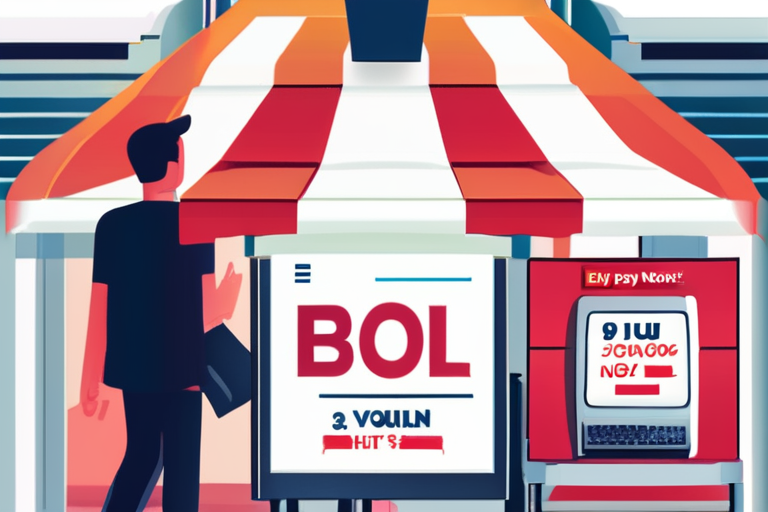



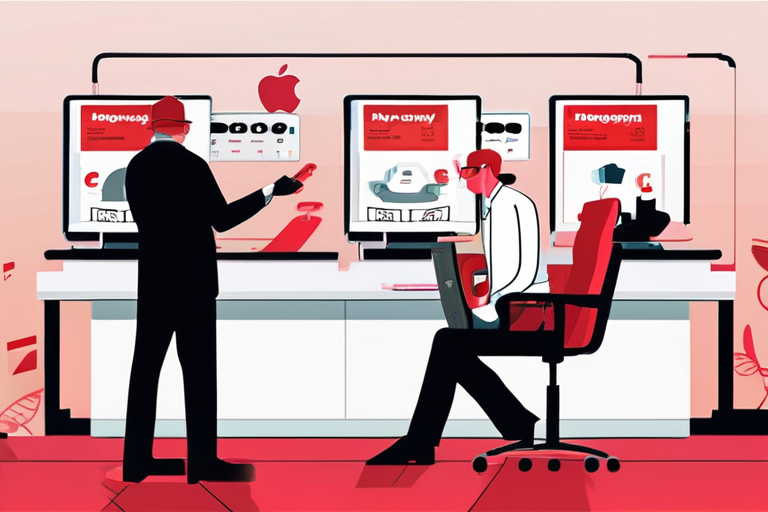





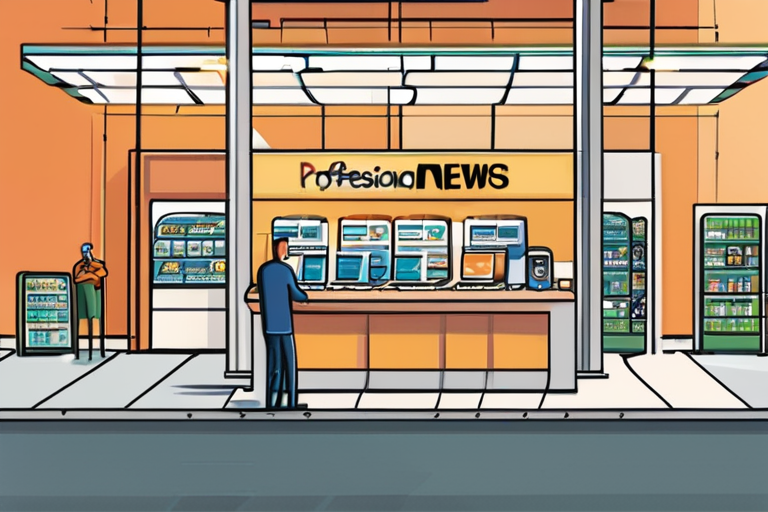


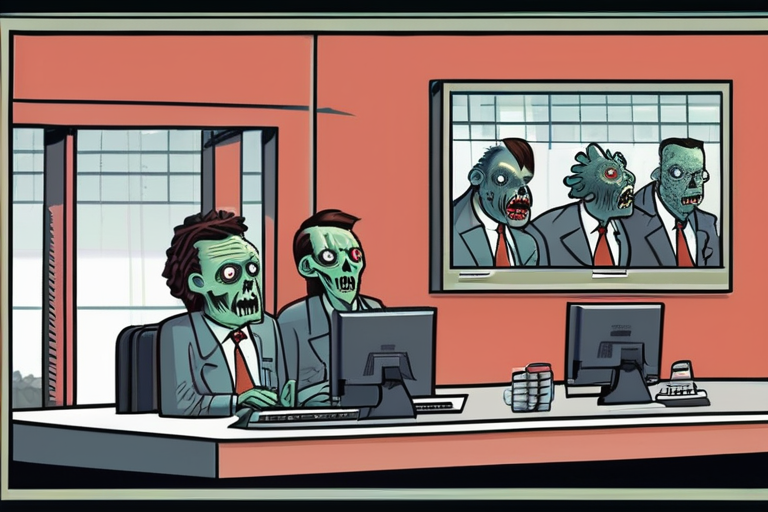


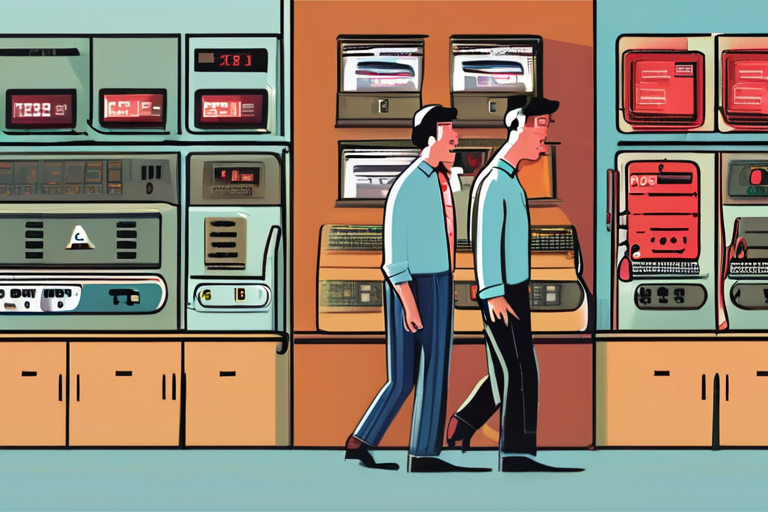

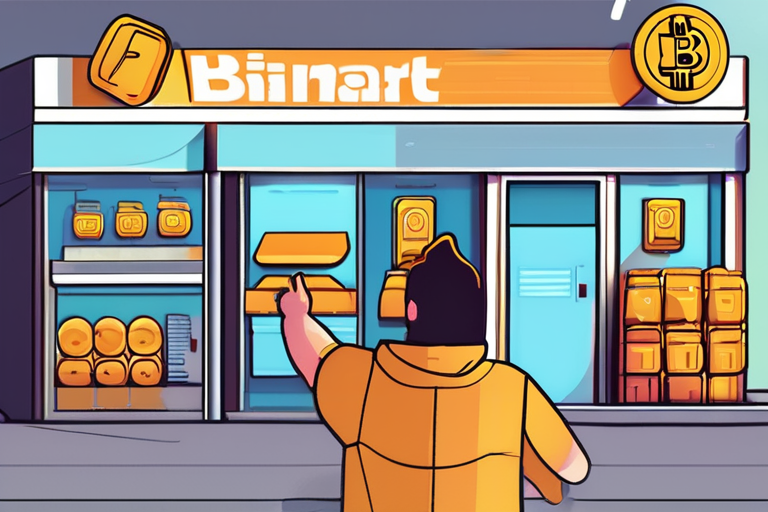
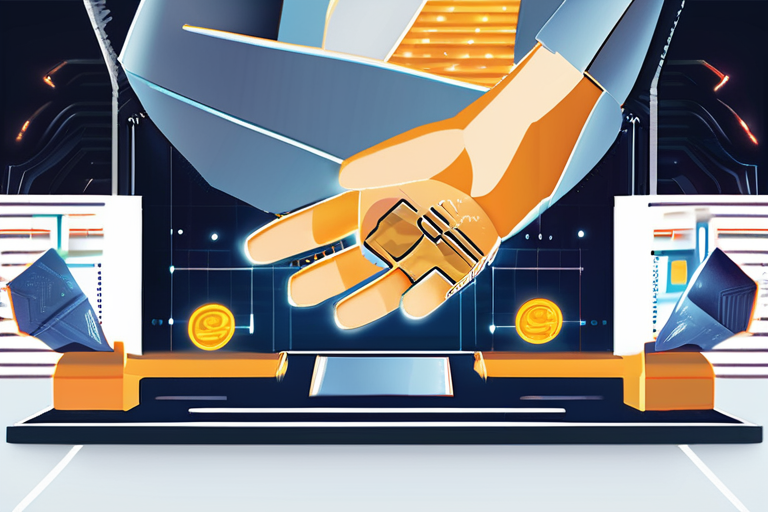
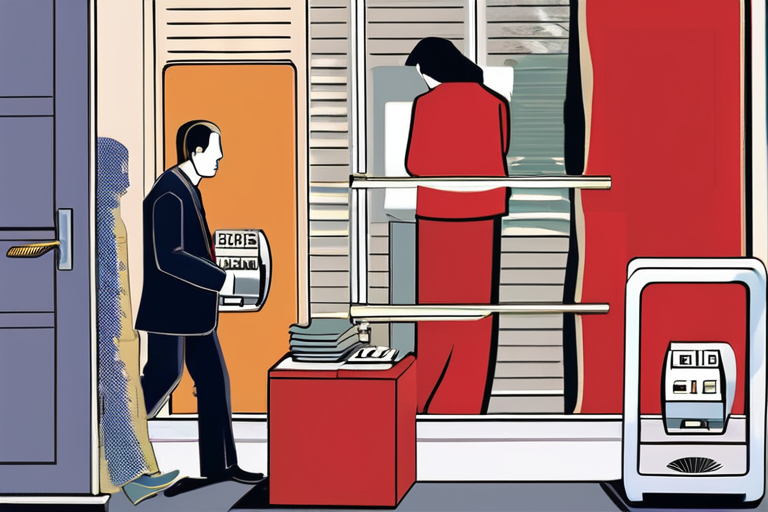
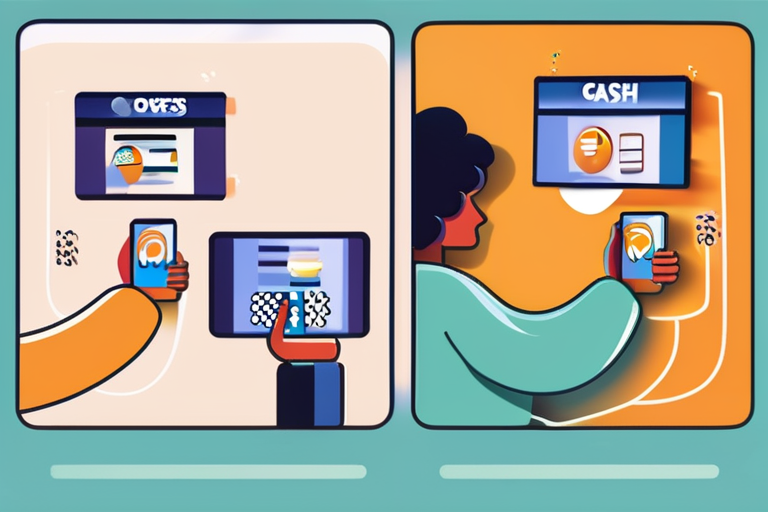
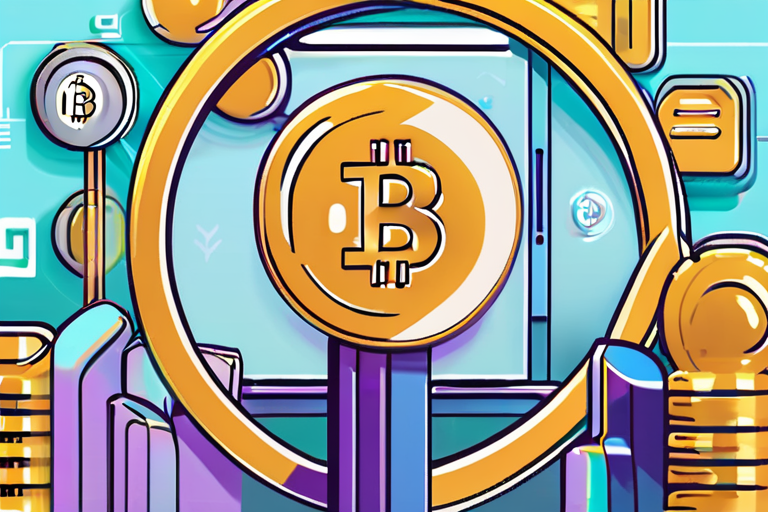
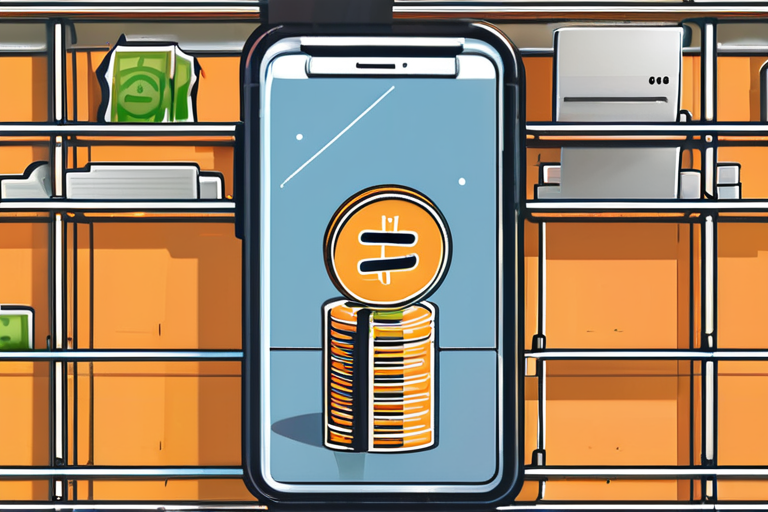
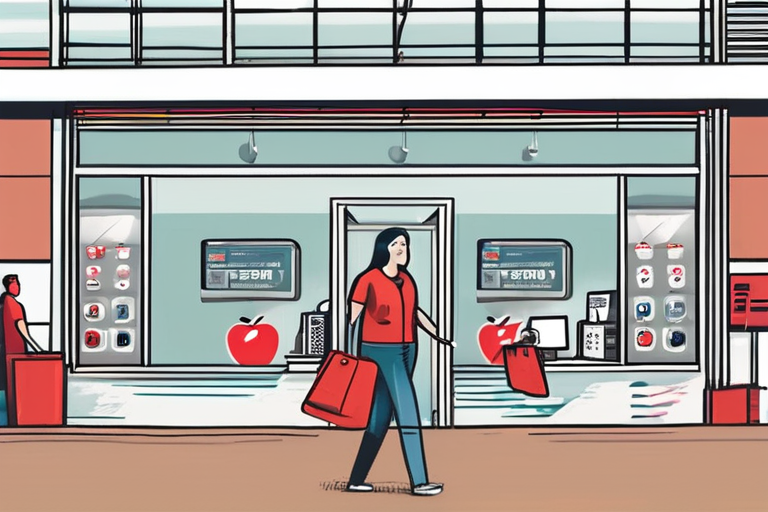
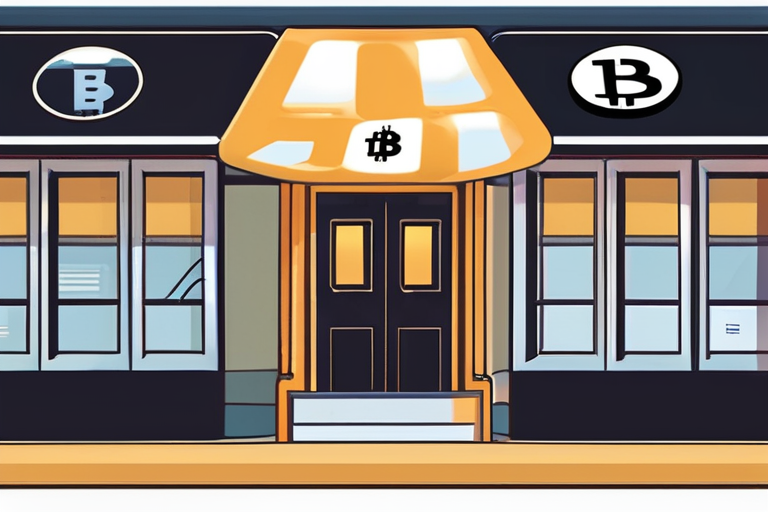

Share & Engage Share
Share this article